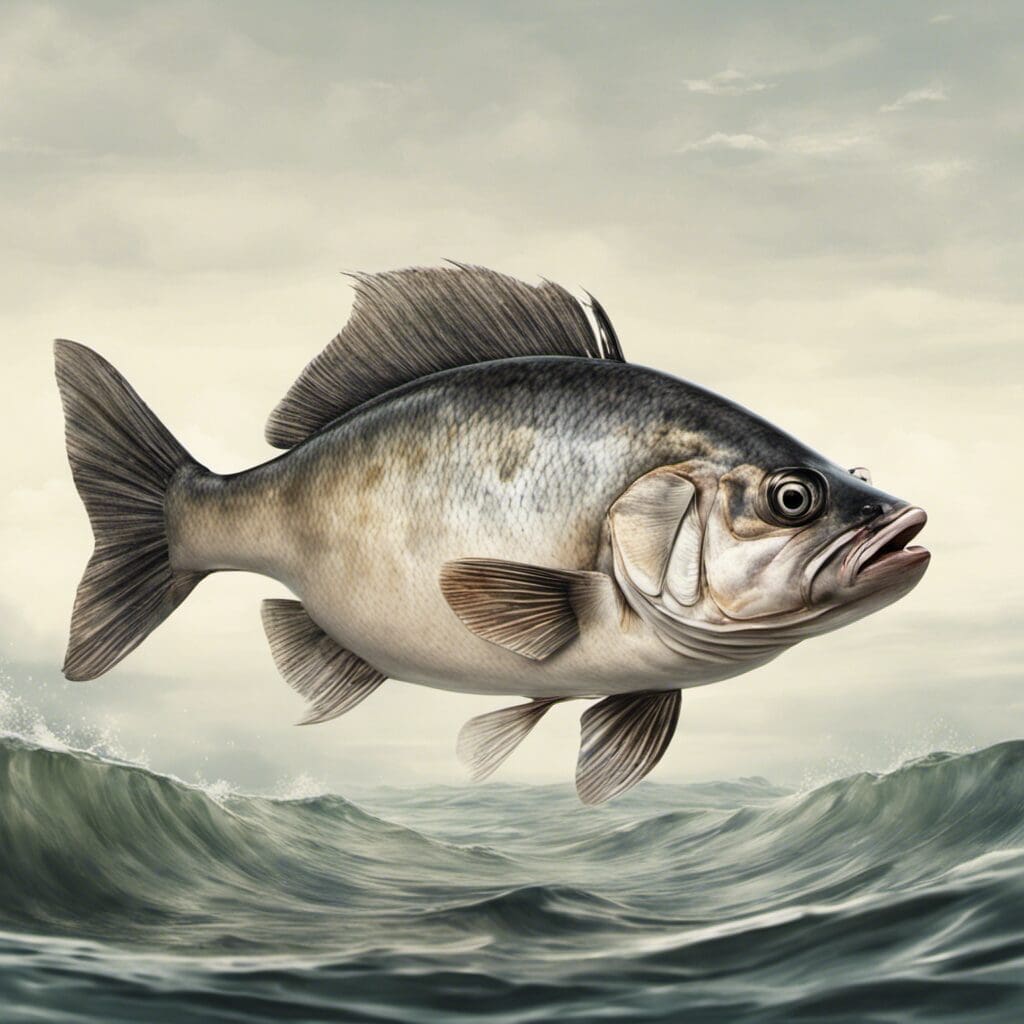Introduction
The Hapuka (Polyprion oxygeneios) is a type of wreckfish from the family Polyprionidae. Known also as Groper, Hapuka is one of the larger species of wreckfish, distinguished by its large head and body.
Conservation Status
The Hapuka’s current conservation status is not thoroughly determined. Ongoing research into the species’ population and potential threats is essential to understand any conservation efforts required.
Statistics
| Aspect | Average | Range |
|---|---|---|
| Length | 1.2 m | 0.6 – 1.8 m |
| Weight | 20 kg | 0 – 100 kg |
| Lifespan | 60 years | N/A |
Distribution
Hapuka are found in regions of the Southern Hemisphere, especially in Australia and New Zealand. Their migration patterns remain unclear due to lack of research data.
Habitats
Hapuka live in marine water, often at depths of 30 to 800 meters. They thrive in temperatures ranging between 10 and 16 degrees Celsius.
When and Where to See
Hapuka are typically spotted during the winter season. They can frequently be seen during low light periods such as dawn and dusk.
Best Fishing Locations
One of the top places to find Hapuka is at the Cook Strait in New Zealand. Also, a significant population can be found along the Southeast Coast in South Australia. To spot a Hapuka when not in these regions, you may look for rocky reefs and underwater cliffs in the deep sea.
How to Catch
Hapuka are attracted to baits such as squid, cuttlefish, and fish strips. Methods like bottom fishing in deep reefs and underwater cliffs can be effective. Low light periods, especially dawn and dusk, are particularly productive.
Identification Guide
Hapuka is a silver-blue species, characterised by a large square tail and a weak lateral line. They can be differentiated from their closest lookalike, the Bass groper, by the shape of their tail and the colour difference.
Culinary
Hapuka can be filleted and has a rich flavour. It’s often used in fish and chips due to its firm, succulent flesh.
Additional Information
Hapuka are known to feed on crabs, lobsters, and various deep-sea creatures. Their primary predators are larger marine creatures and human fishing activities.
Their name “Hapuka” is a Māori word that has been adopted by English-speaking inhabitants of New Zealand.
References and Further Reading
1. [Froese, Rainer and Pauly, Daniel, eds. (2012). “Polyprion oxygeneios” in FishBase. February 2012 version.](https://www.fishbase.de/summary/Polyprion-oxygeneios.html)
2. [Department of Primary Industries, Parks, Water and Environment. “Hapuka.”](https://dpipwe.tas.gov.au/Documents/Hapuka.pdf)
3. [Fisheries New Zealand. “New Zealand Inshore Finfish Species – Hapuka.”](https://www.fisheries.govt.nz/dmsdocument/891-new-zealand-inshore-finfish-species-hapuka)
All links open in new tabs

